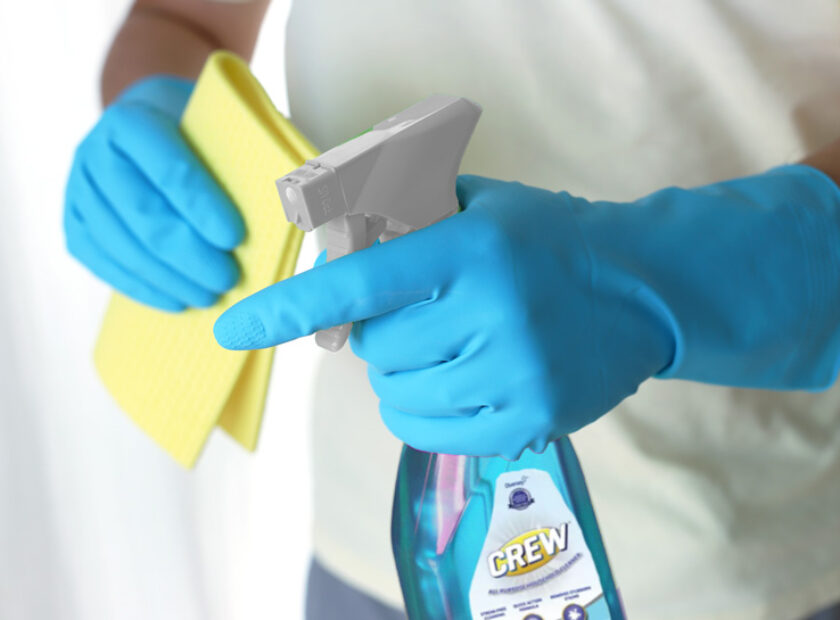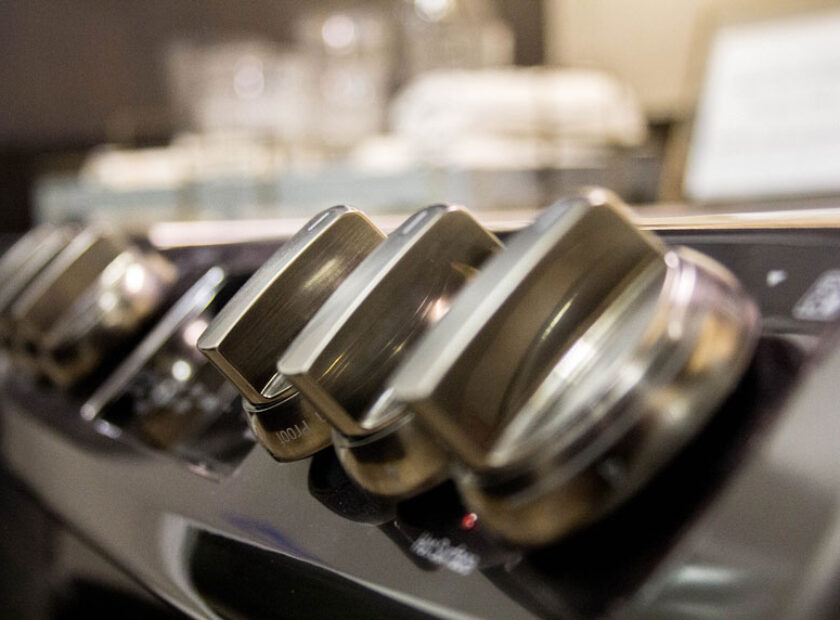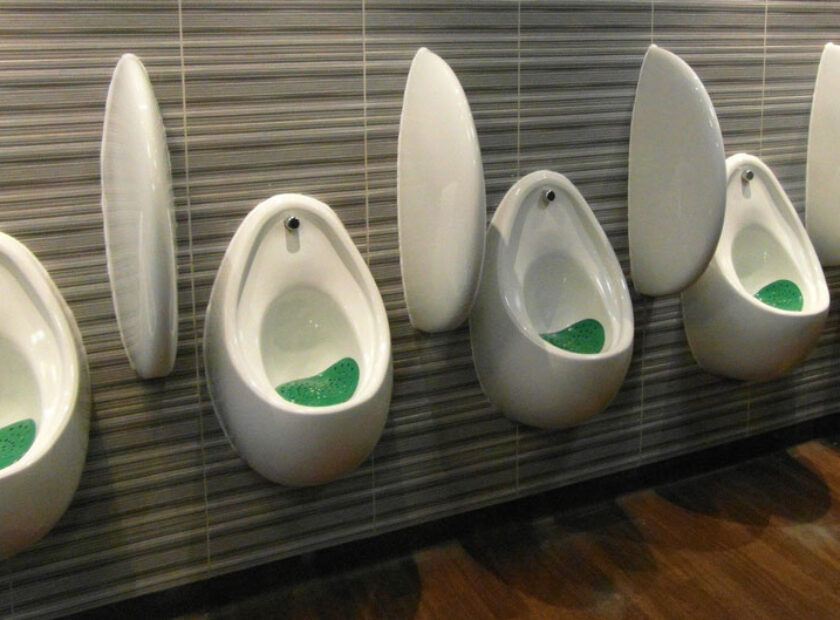Here’s a ready reckoner for hygiene measures to be implemented in educational institutes.
Importance of hygiene in educational institutes
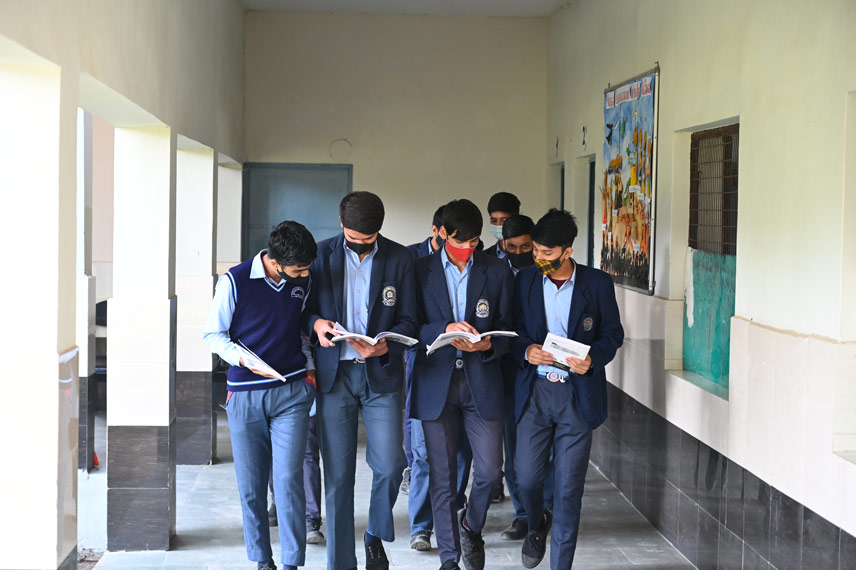
Educational institutes play a significant role in fostering healthy learning and ensuring a community’s health. When educational institutes practice cleanliness and hygiene, the overall health of students, their attendance rate and learning outcomes improve tremendously.
When students have access to clean water, sanitation and hygiene facilities consistently, they easily integrate hygiene education into their daily lives and become models of positive behavioral change in their communities. Model citizens of the nation, shape the nation’s future.
Access to clean water and sanitation services is key to the Sustainable Development Goals
adopted by the United Nations (Reflected in SDG 6).
How to maintain hygiene in educational institutes consistently?
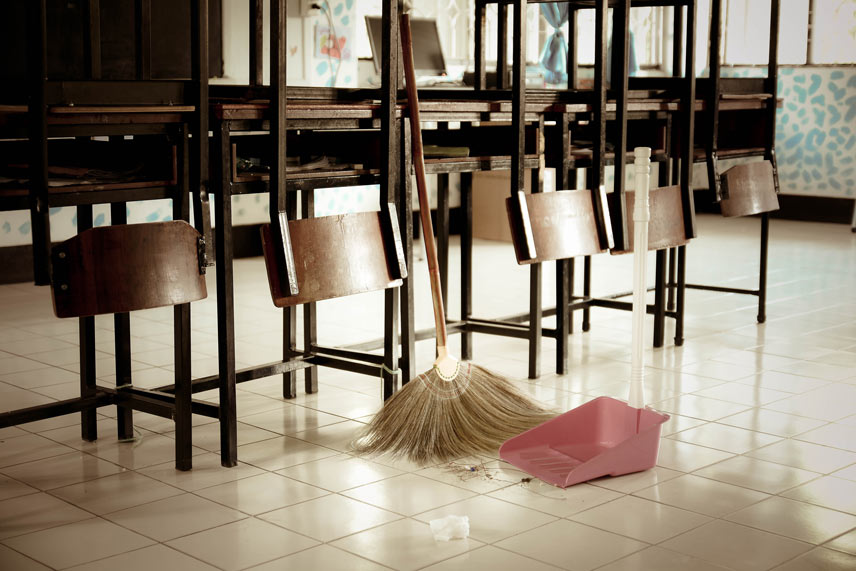
Maintaining hygiene in educational institutes is a two-way street. Both students and administrative staff must do their bit in meeting the overall cleanliness goals. The risk of germ spread may be usually high in schools and colleges because students are in close contact with each other.
Unfortunately, most children may not be as conscious of personal hygiene as expected. This situation could improve by leaps and bounds if the institutes:
- Adopt effective cleaning agents, such as those from the house of Diversey Prosumer. We guarantee superior cleaning with best-in-class products that are scientifically formulated from the most effective components, based on 95 years of research. Our products are advanced, highly effective, safe to use, trusted by professionals across 80 countries and affordable.
- Encourage adherence to the following fundamental guidelines.
Guideline #1: Practise hand hygiene regularly
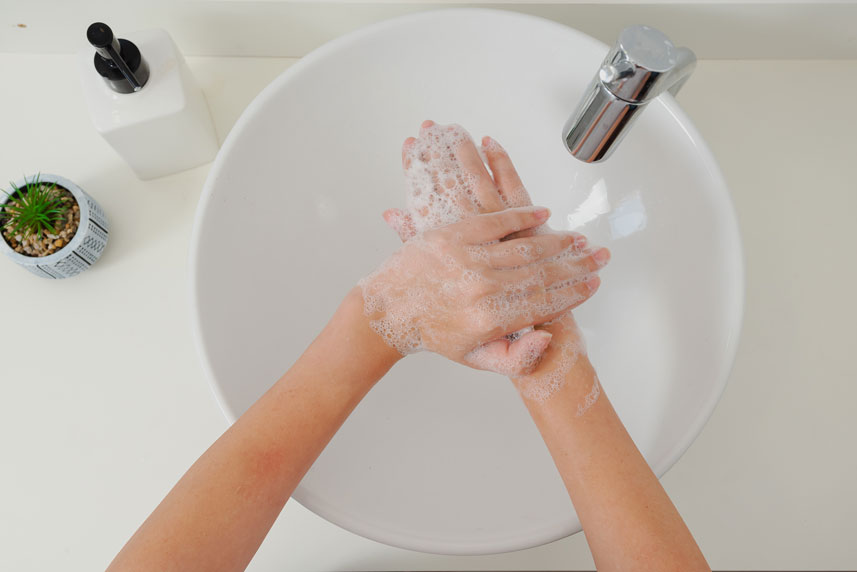
Usage of handwash:
Educational institutes must offer sufficient group handwashing facilities. The handwashing station should be sustainable and have constant availability of tap water and handwash.
Handwashing reduces the build-up of germs and chemicals on the hands. Students must wash their hands:
- Before and after meals
- After visiting the toilet
- Before touching eyes, nose or mouth.
- After touching their mask
- After leaving a public place
- After touching an object or surface
At Diversey Prosumer, we offer handwashes formulated by experts across three variants — Premium Blossom, Triclosan-free Antibacterial and Sandalwood fragrance. All our variants kill 99.99% of the highly resistant bacteria and viruses while keeping the skin soft and supple. Their pH is neutral. They are soap-free, offer high lather/foam, and remove strong food smells.
Usage of hand sanitizer:
When soap and water are not available, students must use a hand sanitizer with at least 60% alcohol. Alcohol-based hand sanitizers can quickly reduce the microbial count on hands. However, they do not eliminate harmful chemicals and germs from hands and are not advisable to use when hands are visibly dirty or greasy.
Students could opt for Soft Care Rinse Free Hand Sanitizer. Its formulation is thicker to allow better cleansing and longer product-skin contact time. It is gentle on the hands and complies with guidelines of the World Health Organization.
Guideline #2: Do regular floor mopping
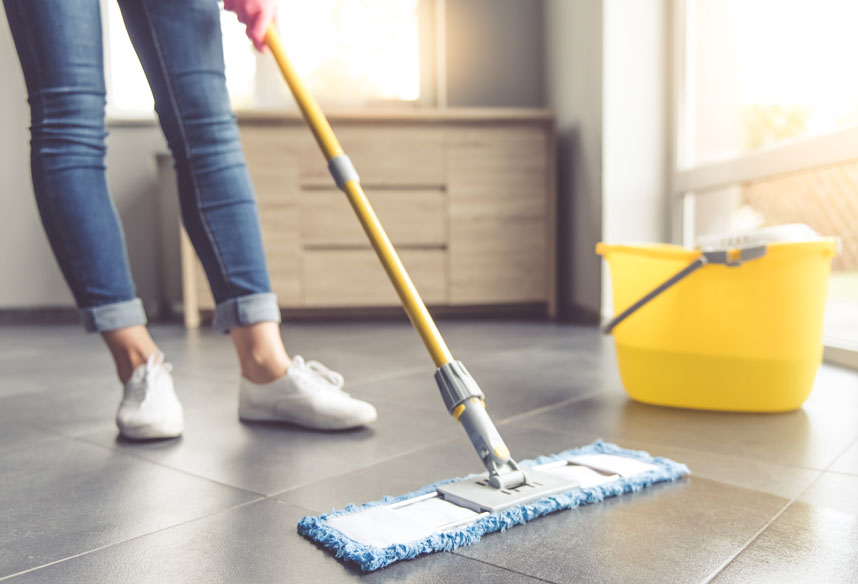
Unkempt floors are a haven for germs owing to the constant foot traffic. A dirty floor is a potential health threat and impacts the air quality too. Hence, it is recommended to mop the floors at least twice a day owing to heavy footfall throughout the day. But don’t resort to using the run-of-the-mill phenyls and floor cleaners.
Use Crew Disinfectant Floor Cleaner. It:
- Is designed for aggressive cleaning and disinfecting without harming the floor
- Kills 99.9% of all pathogenic bacteria
- Removes stubborn stains
- Repels flies up to 6 hours
- Is devoid of bleach and abrasives
- Is lab-certified and tested
- Works in all water conditions and on all floor types
Guideline #3: Keep toilets spotless and germ-free
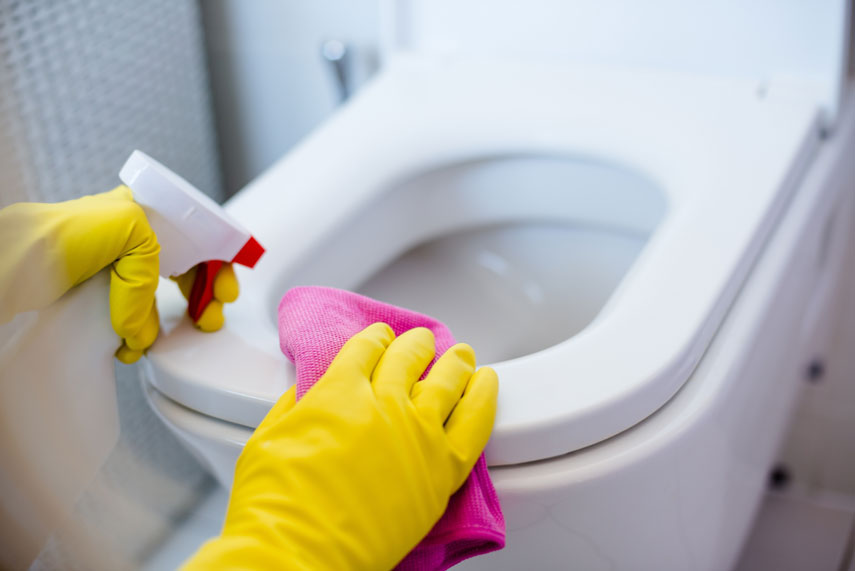
Keep your toilets and urinals spick and span and hygienic with Crew Toilet Bowl Cleaner, Crew Urinal Screen and Crew Bathroom Cleaner and Descaler.
Crew Toilet Bowl Cleaner is formulated to remove stubborn stains and limescale deposits from the toilet seat. The cleaner covers more area of the bowl with little application. Its viscosity offers extended contact time and fast action formula enables quick cleaning.
Crew Urinal Screen has a proprietary polymerized fragrance that releases the fragrance in a controlled and consistent manner. It does away with the usage of an external fragrance. This urinal screen has a recyclable and eco-friendly EVA polymer that is safe to use and dispose of.
Crew Bathroom Cleaner and Descaler comes with a 3-in-1 action, i.e. it descales, deodourises and cleans hygienically. It has zero chlorine and abrasives.
Additional Guidelines
1] Make hygiene fun for students. Gamify adoption of clean and hygienic practices through co-curricular activities and competitions
2] Encourage regular nail grooming, as long and dirty fingernails could be a breeding ground for germs.
3] Encourage the usage of a handkerchief. Teach children to cover their mouth and face, using a clean handkerchief while coughing and/or sneezing.
Clean institutes make clean India
After family, as the basic unit of society, schools and colleges contribute heavily to the overall health and hygiene of students. If every educational institute in India has an optimally functioning system of sanitation and hygiene facilities, then institutes are in a greater capacity to secure students’ good health, learning and overall development.
Clean schools lead to clean communities, which in turn make a clean country. This is why the national campaign ‘Swachh Bharat: Swachh Vidyalaya’ emphasises promoting appropriate hygiene practices in schools and behaviour among children. Consider Diversey Prosumer as your partner in making spaces of learning clean and hygienic.




